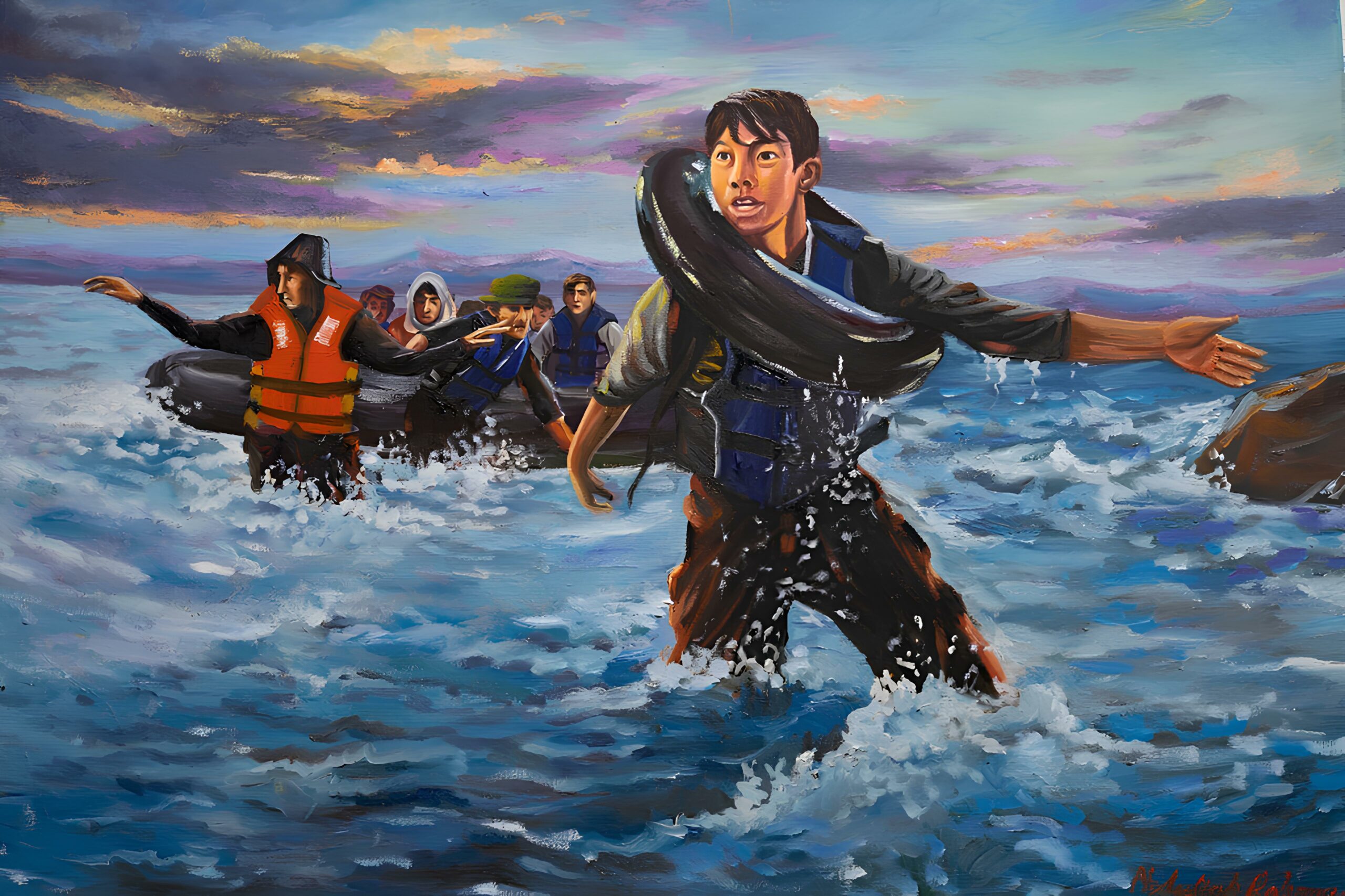Call for article proposals

Submissions closed | Publication date May 2025
Forced Migration Review (FMR) will publish an issue on ‘Dangerous journeys: Saving lives and responding to missing migrants and refugees’ in May 2025. Dangerous journeys are taken every day by migrants and refugees, often with tragic consequences. This issue of FMR seeks to explore how more lives can be saved on land and sea and how disappearances in migration and displacement can be prevented or resolved. Why are lives being lost? Why and where do migrants and refugees go missing? What can be done to make journeys safer? What can be done to clarify the fate, and support the families, of those who don’t reach their destination? Articles will cover topics related to rescue, humanitarian access, decriminalisation and legal frameworks, the role of States, search and identification of missing migrants and refugees, family separation, and post-rescue support and recovery. The issue will also include articles specifically focussed on the prevention of loss of life along known migration routes.
FMR is well known as a source of cutting-edge information and analysis that delivers nuanced insight to policymakers and practitioners. Authors will bring a wide range of perspectives, insights and experiences to the topic. The issue will include approximately 25 carefully selected articles, published in four languages – Arabic, English, French and Spanish – online and in print for a global audience.
Articles should seek to answer any of the following broad questions or related topics:
- What are the challenges faced by actors working to rescue people on dangerous journeys and those acting to prevent loss of life?
- What is blocking progress and how can these barriers be removed?
- How do issues of criminalisation, restricted humanitarian access and legal interpretations shape responses to people in distress?
- How should the responsibilities of States vis a vis people in distress be understood? And responsibilities towards missing migrants and refugees?
- What role can the private sector play in rescue and assistance? What particular challenges are there for the shipping industry? How can these be overcome?
- How can coordination be improved between actors working on rescue, humanitarian assistance and/or those addressing the fate of missing migrants and refugees (e.g. governments, international organisations, NGOs, the private sector, and local communities)?
- How can the fate of missing migrants and refugees be clarified? What examples of good practice currently exist in search and identification efforts? How can they be built on? What role do media narratives play in shaping discussions on rescue and saving lives?
- What role could a ‘route-based approach’ play in preventing loss of life and addressing the fate of missing migrants and refugees?
- What are the particular challenges for children and young people on dangerous journeys? How can they be better supported?
- How does gender affect safety on migration routes? What initiatives could reduce harm for people who are particularly vulnerable due to their gender?
- What role does the development of safe and regular routes play in preventing loss of life? What are the most effective safe and regular routes currently being offered or developed?
- Are there technological and/or digital innovations which can reduce harm for people on the move or improve search efforts for those who are missing?
- How is rescue currently being funded and how could efforts be better resourced?
- How can data collection and analysis contribute to saving lives and/or to the search and identification of missing migrants and refugees?
Case studies will also be welcomed, particularly those with a regional focus and with an emphasis on lessons learnt and/or with recommendations for change. Personal reflections on the topics raised will be considered for publication where they include reflection on wider implications.
We will be seeking a diverse group of authors including those with lived experience of migration and displacement and first-hand experience of the issues raised in the call for proposals. We would also value contributions from actors beyond the humanitarian space and academia such as those involved in shipping, border security, healthcare, local government and community-level volunteering.
Partnership opportunities
We are seeking partners to contribute financially to this issue of FMR. Please contact the FMR team if you would like to explore this opportunity.